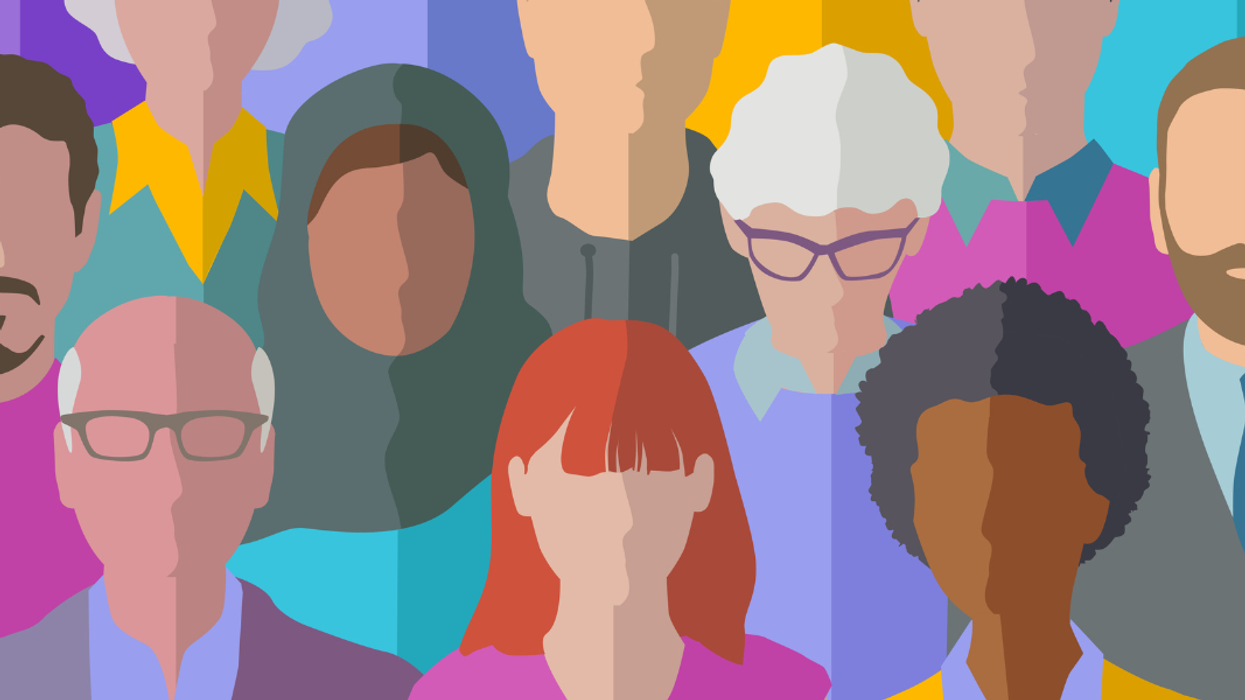Democracy means more than just holding elections. And, “the people” are more than just voters. Yet, “we, the people,” have allowed our role as popular sovereigns to be reduced to benchwarmers.
Democracy is supposed to be a system through which “the people” exercise power. That power appears to have been lost. We have effectively made “the people” the equivalent of designated hitters -- we participate sparingly (every two years); give our best go at having an impact (casting votes in elections decided by other factors--namely, money); and, spend the rest of our time cheering for our respective teams.
We were never meant to ride the democratic pine. A glance at the state constitutions affirms the central role of “the people” in dictating how, when, and by whom political power is supposed to be exercised. State constitutions contain expansive language that empower “the people” to be far more than benchwarmers and spectators. These sources of people power, however, have been understudied and infrequently used by “the people” to assert more control over their democracy.
Twenty-eight state constitutions acknowledge the power of “the people” to alter or reform their government. From this sort of language, reformers passed the initiative and referendum -- giving voters a chance to directly influence policy. Fourteen state constitutions provide “the people” with a meaningful and regular opportunity to change the form of their government (rather than just the elected officials who make up that government) by automatically placing the question of holding a constitutional convention on the ballot every couple of years. Five state constitutions explicitly declare that governments derive their “just powers” only from the consent of the governed.
In addition to these sorts of provisions, all state constitutions evidence a “Democracy Principle,” as coined by law professors Jessiva Bulman-Pozen and Miriam Seifter in a recent Michigan Law Review piece. This principle can be summarized as a “commitment to popular sovereignty, majority rule, and political equality” within state constitutions. The Democracy Principle can and should serve as the basis for “the people” instituting novel democratic reforms to maintain and assert their power as sovereigns. The people of Ireland, Iceland, and France have revealed the power of one such reform -- citizen assemblies.
Generally, citizen assemblies feature the random selection of a representative sample of citizens to study, debate on, and propose major policy or constitutional changes. You can think of citizen assemblies as really big juries. Like juries, citizen assemblies work best when they include people from all parts of society. And, like juries, citizen assemblies receive guidance and information from stakeholders -- such as experts and, in some cases, representatives of partisan entities. Finally, both have clear tasks at hand -- analyzing questions of fact and evaluating policy recommendations, respectively.
These sorts of democratic institutions pull the people off the bench and insert them into the game in a meaningful way. In doing so, people-centric institutions heighten the legitimacy of our democratic system and uphold the role of the people as popular sovereigns. They also tap into the collective wisdom that rarely appears in state legislators and Congress.
Other countries have realized that the wisdom of the crowd can help resolve big political and constitutional questions. As I outlined in my article in the Rutgers University Law Review: Iceland empaneled citizen assemblies to assist with rewriting their constitution; Ireland randomly selected residents to guide the nation’s approach to reproductive health; and, France gathered citizens to inform the country’s climate change policies as well as its stance on euthanasia.
State constitutions, whether through explicit provisions or the Democracy Principle, grant “the people” a constitutional basis to form citizen assemblies. State legislators who recognize that “the people” deserve more opportunities than elections to express their will should appropriate funds to support citizen assemblies. And, “the people” of each state should advocate for the organization of citizen assemblies on major policy topics that the political parties have refused to address or have inadequately approached.
Democracy is not meant to be a spectator sport, but special interests and certain partisan interests would be just fine with certain people staying on the bench. If “the people” are going to exercise their powers, then we ought to create new democratic institutions that recognize that power and give the people a meaningful chance to wield it -- citizen assemblies are a great place to start.
Kevin Frazier will join the law school faculty at the University of South Dakota as a Visiting Professor starting Academic Year 2023.


















 "On the Frontlines of Democracy" by Nonprofit Vote,
"On the Frontlines of Democracy" by Nonprofit Vote,

Trump & Hegseth gave Mark Kelly a huge 2028 gift